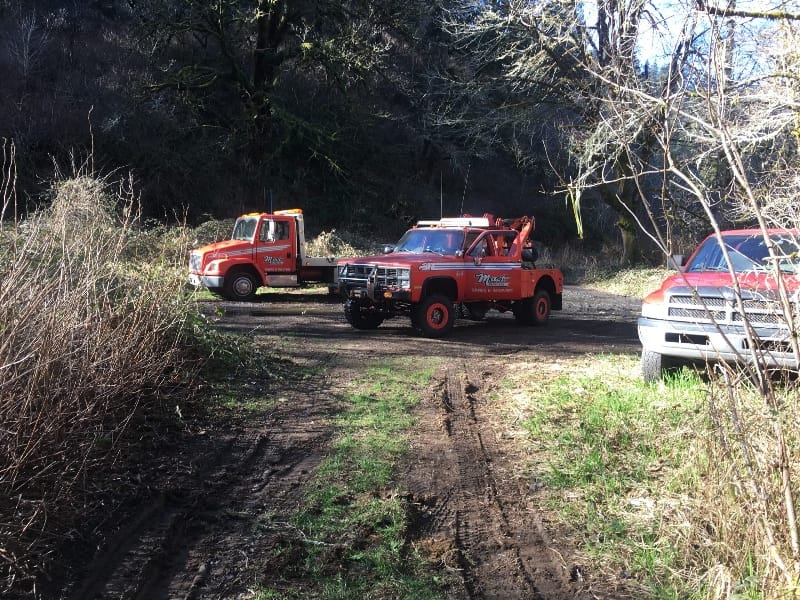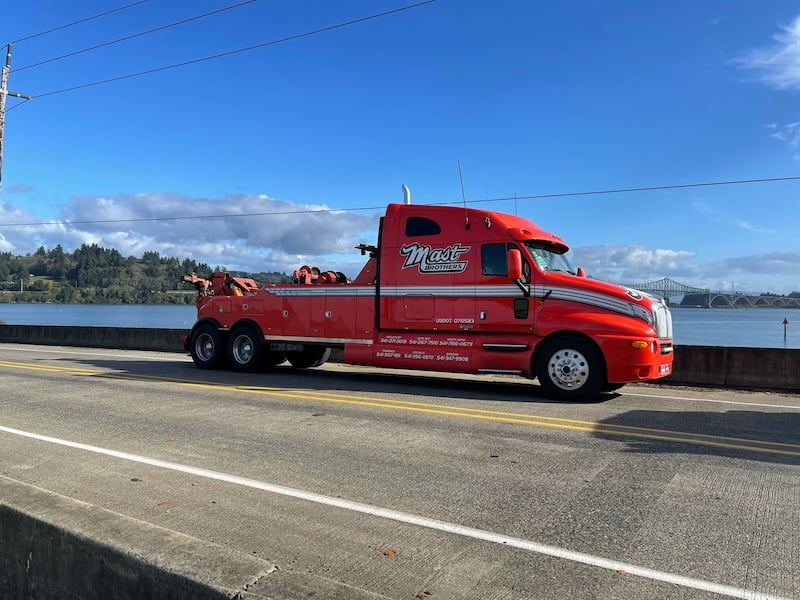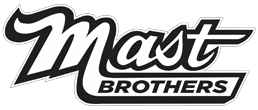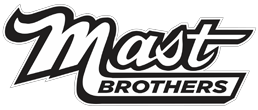Don’t Let a Flat Tire Ruin Your Day
We’ve all had those rushed moments—grabbing our keys, jumping into the car, and taking off without a single thought about our tires. It’s easy to overlook, but a quick tire pressure check could be the difference between a smooth drive and a sudden roadside emergency. A simple pressure check could prevent many tire mishaps, but when a flat happens, having access to our Elkton tire exchange service makes all the difference.
Underinflated or overinflated tires don’t just wear out faster—they also affect fuel efficiency, handling, and overall safety. A little routine maintenance can go a long way in preventing costly issues down the road.

The Consequences of Improper Tire Pressure
Tires connect the vehicle to the road, and when they’re not at the right pressure, issues develop fast. Here’s what can go wrong:
- Uneven Wear – Low or high pressure causes tires to wear out irregularly, leading to premature replacements.
- Poor Fuel Efficiency – Underinflated tires create drag, making the engine work harder and use more gas.
- Reduced Grip – Overinflation minimizes contact with the road, making braking and cornering less effective.
- Blowout Risk – Low pressure causes heat buildup, while overinflation overstresses the rubber, increasing the chance of a sudden failure.
- Steering Problems – A car with improperly inflated tires won’t handle as expected, especially in rain or icy conditions.
Checking pressure regularly can prevent many of these issues. But when a tire is too damaged or completely flat, calling for our Elkton tire exchange service gets things back on track quickly.
When to Check Tire Pressure
Even without visible damage, tires gradually lose air. Seasonal temperature changes can also affect pressure—cold weather lowers it, while heat causes it to rise.
For the best performance, tires should be checked at least once a month, before long trips, or when carrying heavy loads. If a tire is noticeably low, a gauge can confirm if it needs more air.
What to Do When a Tire Goes Flat
A flat tire can happen anywhere—on a busy highway, a dark backroad, or even in the middle of a neighborhood. When it does, staying safe is the priority.
- Pull Over to a Safe Spot – Move as far away from traffic as possible, preferably to a level surface.
- Turn on Hazard Lights – Let other drivers know you’re stopped.
- Check the Tire – If it’s a slow leak, adding air might get you to a service station. If it’s fully flat or shredded, it needs replacing.
- Call for Assistance – If a tire change isn’t possible or safe to do alone, our Elkton tire exchange service can get a replacement installed on-site.
Signs It’s Time for a New Tire
Some flats can be fixed, but others mean it’s time for a full replacement. Here’s when a new tire is the best solution:
- Severe Sidewall Damage – Cuts, cracks, or bulges make a tire unsafe to drive on.
- Worn Tread – If a penny placed in the tread shows all of Lincoln’s head, the tire is too worn.
- Recurring Air Loss – A tire that won’t hold pressure likely has internal damage.
- Heavy Vibration While Driving – Uneven wear can cause instability, making replacement the safest option.
If any of these signs appear, a quick call to our Elkton tire exchange service will get your vehicle back on the road without delay.

Call Mast Brothers for Your Elkton Tire Exchange Service
Tire maintenance goes a long way in preventing breakdowns, but not every flat is avoidable. When a tire fails, having us take care of your Elkton tire exchange service means less time waiting and more time driving safely.
We’re here to provide you with our quick Elkton tire exchange service when tire trouble strikes on the road. Because no one plans to get stranded, but knowing who to call makes all the difference.

